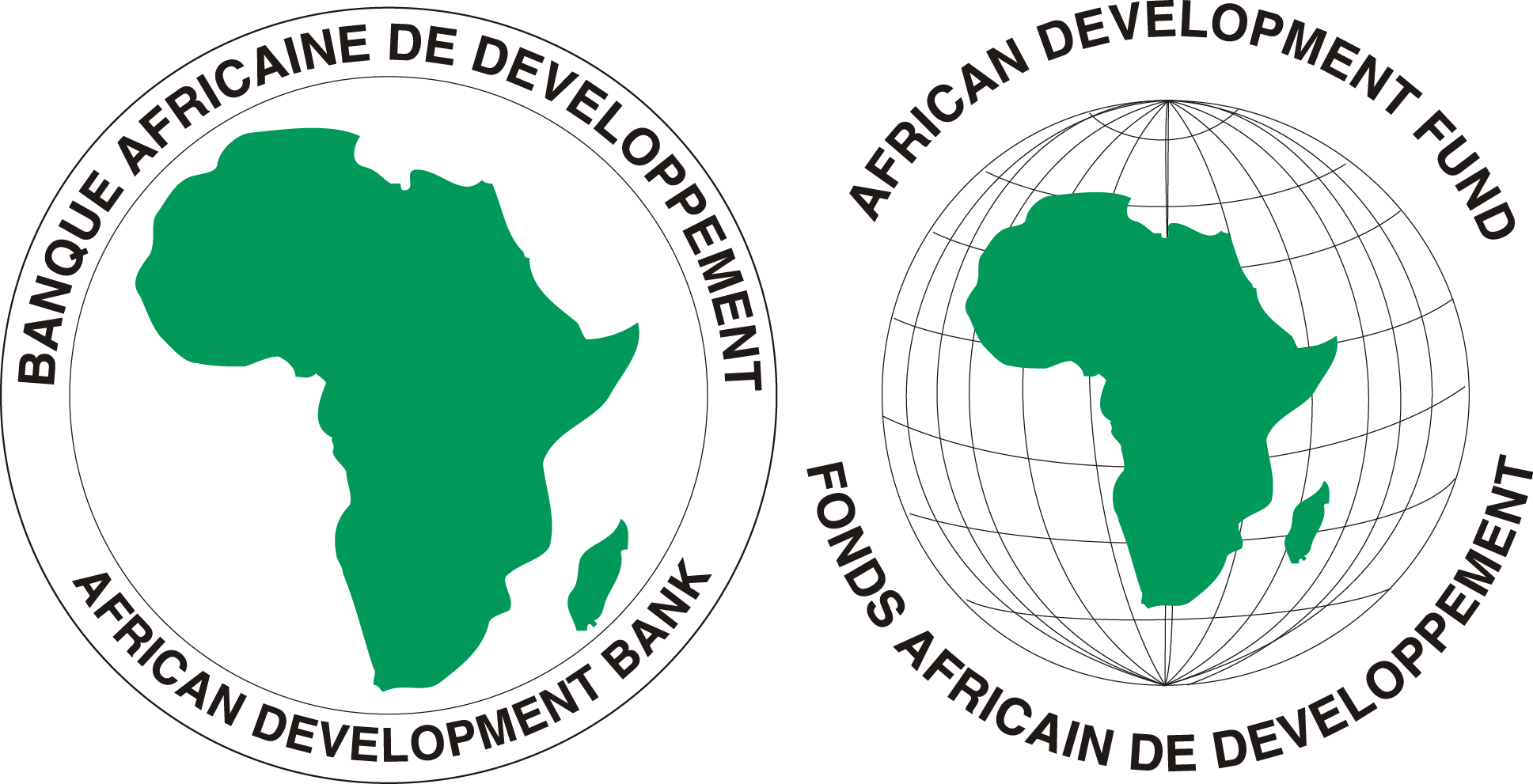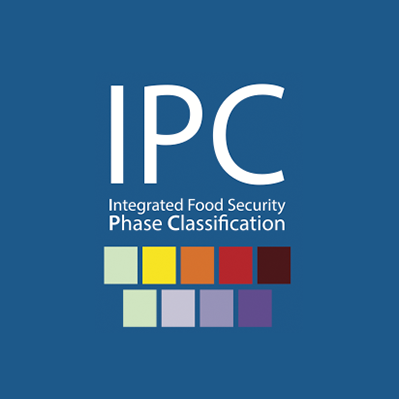IGAD Bi-annual Meeting on Food Security and Nutrition
The need for coordinated multi-dimensional and multi-stakeholder interventions aimed at building resilience in the long-term while addressing humanitarian needs in the short-term can, therefore, not be overemphasised. This only makes continuous engagement of multiple actors and stakeholders necessary, preferably by improving the effectiveness of their interventions through continuous learning from their experiences, better coordination of their efforts at temporal and spatial scales, and better decisionmaking by using timely and reliable information. It is against this background that the IGAD Food Security, Nutrition and Resilience Analysis Hub (IFRAH) and the IPC Global Support Unit for East and Central Africa (IPC-GSU), with the support of the African Development Bank (AfDB), are organising the ninth (9th) IGAD Bi-annual Meeting on Food Security and Nutrition.
Objectives of the meeting
The objective of the meeting is to bring together IGAD member states and partners to jointly discuss the food security, nutrition and resilience situation in the region, and propose practical and strategic response actions going forward.
Specifically, the meeting is expected to provide a forum to:
- Discuss individual country food security and nutrition analyses, including the impact of various shocks and stressors – conflict and insecurity, climate extremes and macro-economic challenges – on food security, nutrition and livelihoods in the region.
- Evaluate actions taken based on key food security- and nutrition-related analyses and early warning, and identify the required actions going forward, for the immediate, medium term and long term.
- Based on the current understanding of and experience with the IPC analytical approach, create a plan for strengthening of the institutionalisation of the IPC analytical approach in the IGAD region.



